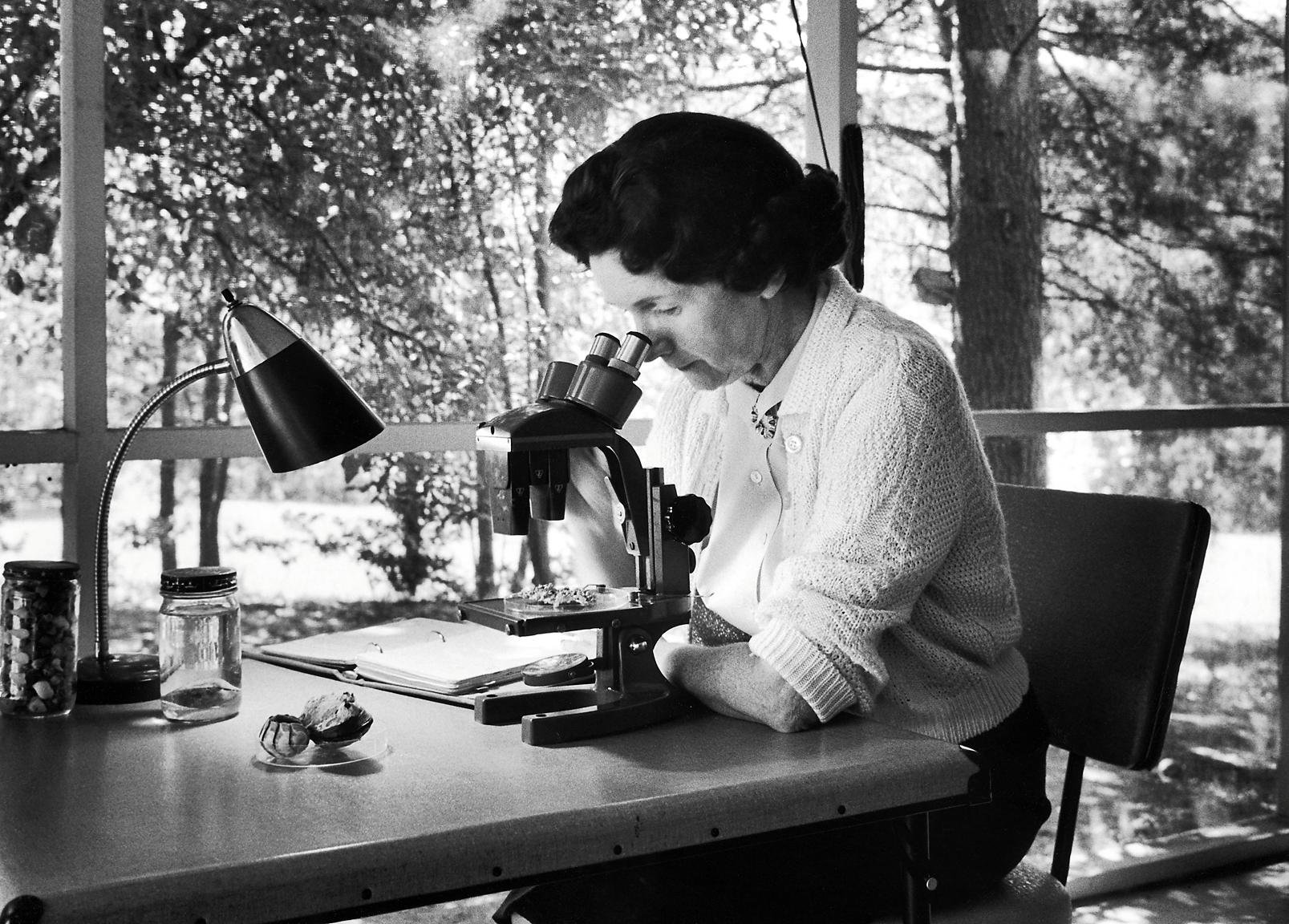Rachel Carson and the Literature of Wonder
Two-Part Seminar led by Zak Breckenridge
Tuesdays, August 1 and August 8
7-8:30pm
Whitcomb’s Community Room
$20 ($10 for each discussion seminar)
One way to open your eyes is to ask yourself,
what if I had never seen this before?
What if I knew I would never see it again? — Rachel Carson
The author and scientist Rachel Carson (1907-1964) was one of the finest nature and science writers of the twentieth century. Her book, Silent Spring (1962), helped launch the environmental movement. She has been widely praised in biographies, histories, and documentaries. Her importance as a writer, researcher, and activist are so widely acknowledged that many of us assume that we already know what she had to say. This two-part seminar series offers the chance to read and discuss some of Carson’s lesser-known works in order to re-examine her literary and political accomplishments.
The myth of Rachel Carson as an environmental “saint” can conceal the literary, scientific, and administrative labor that build her reputation. To re-discover this fascinating writer, seminar participants will discuss her literary techniques, her impassioned defense of wonder, her engagement with evolutionary and ecological theory, her views on the relationship between science and literature, and the impact of her writing on the nascent environmental movement. Together we will ask: What has been forgotten about Rachel Carson? And what can we learn from her now?
Reading for each seminar will be provided. Advance registration is requested because of size limit.
Zak Breckenridge grew up in Essex, NY and is now a doctoral student at the University of Southern California in Los Angeles. He is at work on a dissertation about the role of literature in the development of both ecological science and the modern environmental movement, for which Rachel Carson is a pivotal figure. He holds degrees from Bard College at Simon’s Rock, the University of Chicago, and the University of Utah. At academic conferences, he has presented papers on the literature and film of the American West, and his writing has previously appeared in the Salt Lake Tribune, The Common, and Colloquium Magazine, among other places. In his free time, he likes to hike and watch old movies.



